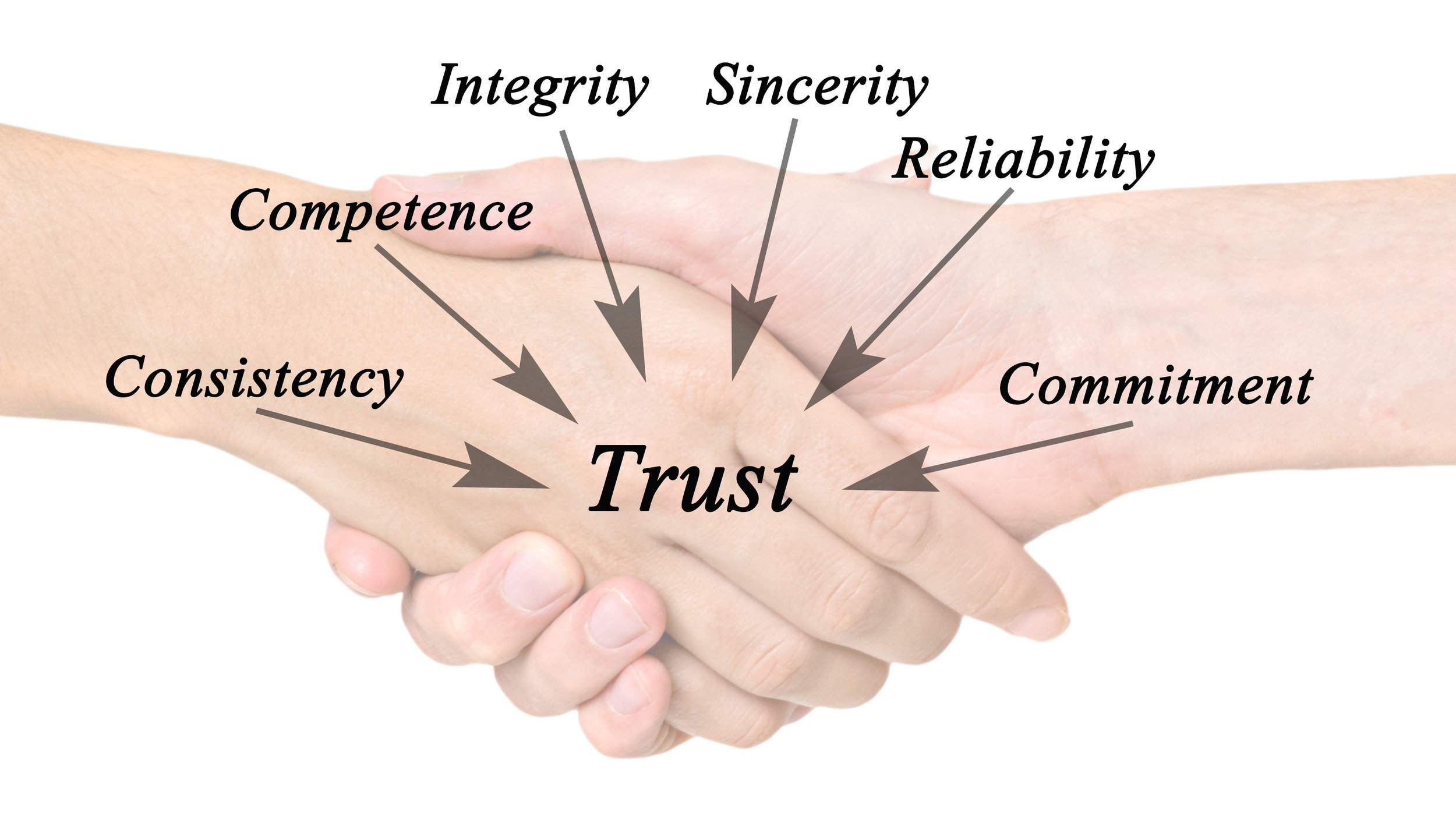Most importantly, as a health care, clinician you need your eyes and ears wide open because it’s also the first real opportunity to develop trust with your client.
Listening is perhaps one of the least practiced and under valued skills in life.
When working with people regarding their health, you better have your antenna and radar on to receive this information.
Sometimes it may be the first time this person has ever shared the information with anyone. Your response, reactions, follow up questions etc., can determine the direction client/clinician relationship and if there will even be a future relationship.
Not only does history taking require “people skills” but it also requires quite a bit of detective work.
Two different clinicians could speak with the same patient and come up with vastly different information. Also, clients with the same symptoms express them differently.
A major skill in medical history and dietary interviewing involves learning how to interpret different descriptions of the same phenomenon.
And how to ask a certain follow up question that may lead to another entire health issue.
Just as no two bodies are exactly alike, neither are two people’s perspectives on their health.
Without the ability to listen effectively (which implies a lot, right?)—messages are easily misunderstood. People are misunderstood every day in life, sometimes in even the most basic daily conversations.
Imagine when you up the ante with conversations that include such entrusted information as one’s medical and dietary history.
Plus, how we receive the information may determine how the next health caretaker of that client will interpret the client.
If we ask the proper questions and really aim to understand what the client has experienced, we are much more likely to be able to help them.
We must try to limit projecting our own experiences, interpretations or judgement on the words the patient uses.
Empathy is okay but ultimately we do not know exactly what the patient is experiencing.
Although there are some best practices when reviewing a medical and dietary history, as clinicians we all have our own personality and style and its best to stick with what feels most comfortable to you.
I’ve evolved my style of questions and listening skills over my career. Even though I have a method and order to my questioning, if the client naturally goes down a different path, I’ve learned to follow the client’s path if it leads to a better outcome.
We each travel our own medical road in life and we each know our body best. It’s our job as clinicians to accurately interpret and paint this picture for our clients.
We are in a pivotal time in medicine where nutrition is on the forefront. As nutrition practitioners, the more knowledgeable you are about the body and it’s relationship to nutrients and food in health and disease, we can truly stand out as the experts.
In medicine, nutrition is the wild west—I say that a lot but it really is true. It’s a slippery slope with all the nutrition information that is disseminated out there. However, I believe those of us who have the privilege to be able to review someone’s medical history are the ones who can have the most positive influence.
How have your medical and dietary history skills
evolved?
What are your challenges and best practices?


